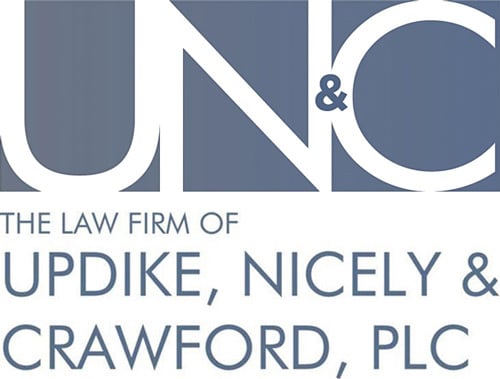Dangerous dog bites sometimes result in serious injuries, and Virginia law holds canine owners strictly liable for any harm or damages caused by an overly aggressive pet. There is no requirement for an individual bitten or attacked by a dog classified as dangerous to prove that he or she provoked the canine’s attack. There are, however, certain requirements a canine must meet in order for the law to consider it dangerous.
Under Section 3.2-6540 of the Code of Virginia specifies that if a canine has seriously injured another animal or an individual, it may be considered dangerous. An investigation conducted by animal control or a law enforcement official determines whether a particular pet is a threat to the public. A dangerous dog meets the following requirements:
- Bites, injures or attacks an individual or kills a companion animal
- Attacks a lawful guest who comes to its owner’s property
- Injures an individual who has not provoked, abused or tormented the dog
Owner’s duty of care
Owning a dog classified as dangerous requires its owner to hold a valid registration certificate. The canine must remain securely confined indoors on its owner’s property or kept on a leash when taken outside. If its owner leaves the property, a dangerous canine must remain muzzled and leashed. An owner has a duty of care to keep the dog from attacking or biting humans and other animals. A fine, criminal charges and civil liability may result in the event of an attack.
Filing an action for recovery
Injuries from a dog bite are not only capable of causing tissue wounds, they may also cause bacteria to enter into the bloodstream when the canine’s teeth penetrate the skin. According to Newsweek magazine, a rare, but life-threatening infection caused by dog saliva required a woman to undergo amputation of her legs and arms.
Canine saliva contains several types of bacteria that may spread quickly through open cuts and wounds. Antibiotics may help prevent infections, but for bites requiring surgery, a dog’s owner may face legal action to recover medical expenses, rehabilitation and lost wages.


